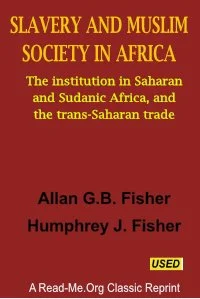By James A. Williamson
The book “A Short History of British Expansion” by James A. Williamson provides a comprehensive overview of the British Empire’s growth and development, focusing on key historical events, policies, and figures that shaped its expansion. The fourth edition,published in 1958, includes revisions and extensions to cover events up to the end of 1952.
Industrial and Agricultural Revolutions (1783-1870):The effects of the American secession and the Industrial Revolution,including advancements in oceanic trade, factory enterprise, and transport. The Agricultural Revolution’s impact on increased output and enclosures.
Population Growth: Diverse views on the social effects of the revolutions.oSignificant growth in British and Irish populations and 19th-century emigration.
Fundamental Ideas:oShifts in national outlook pre-and post-1870.oThe rise of free trade, influenced by Adam Smith’s“Wealth of Nations,”andthe Manchester School’s economic reforms.
Oceanic Expansion:oExploration of the Pacific and improvements in shipping and navigation.oKey voyages by Cook, Vancouver, and others, and the impact of theNapoleonic Wars on colonial policies.
Great Britain and Latin America: The emancipation of Spanish colonies and the opening of China and Japan. Changes in oceanic trade and the development of new trades like tea, rice,and jute.
Colonial Administration: Changes in colonial governance post-American secession.oThe rise of Radical imperialists and the Manchester School’s influence on free trade and colonial self-government.
Macmillan, 1967, 391 pages










